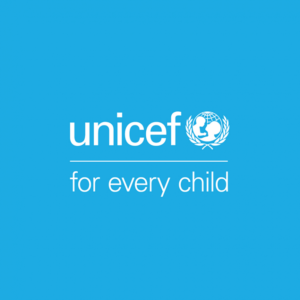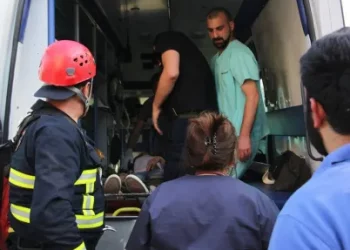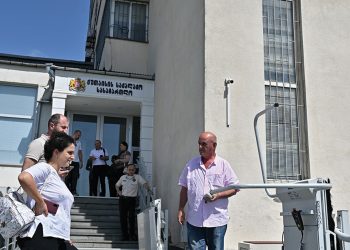Children should grow up in a family environment, UNICEF says.
UNICEF is ready to support the Government in moving children from large-scale institutions to family- and community-based care.
The organization has released a statement regarding the events related to Ninotsminda Orphanage, where alleged crimes and violence against children took place at different periods of time.
The removal of children from institutions should be carried out carefully. The best interests of the child should be prioritized to minimize the traumatization of children. Assessment of children in institutions should be used to inform the transition to family-and community-based care, with a focus on reuniting children with their own families where possible. Only those specialists who possess relevant knowledge and skills to work and communicate with children should be allowed to participate in the process, UNICEF said.
“Pending investigations regarding the physical and sexual abuse of children or any kind of violence should be finalized in an urgent and child-friendly manner. Children who participate in the relevant investigative proceedings should be protected: traumatization and victimization of children should be avoided at all costs. Legal aid should be provided and other guarantees fully applied in the process.
“Meanwhile, social workers and specialists of the relevant state monitoring institutions should conduct regular visits to all institutions to provide a professional assessment on the safety and well-being of children.
“Children placed in the institutions should have access to a complaint mechanism to report abuse and misconduct.
“Individual plans for children placed in institutions should be formulated to determine relevant alternative care services and professional support required. Relevant alternative care and family support services should be strengthened to support these children after leaving the institution, their families and professionals working with them.
“Relevant actors should respect the right of all children and their families to privacy at all stages of the deinstitutionalization process.
“UNICEF stands ready to support constructive dialogue between different partners around deinstitutionalization and effective family support services. Any support should be directed towards strengthening families and keeping children in families rather than funding the large-scale care facilities.
“In a long-term perspective, UNICEF will support evidence generation of the push and pull factors for children’s institutionalization, assist relevant actors in the development of the de-institutionalization action plan, its implementation and will support the strengthening of family support services,” reads the statement.
UNICEF has been supporting the deinstitutionalization process and child welfare reform in Georgia since 2005. UNICEF will continue to assist relevant stakeholders to finalize the deinstitutionalization process and facilitate family- and community-based care for all children.

The State Agency for Care and Assistance of Victims of Trafficking says 20 minors have left the Ninotsminda orphanage so far, seven of whom are children with disabilities. In their best interests, they have been transferred to other forms of care, such as their biological families, small family-type houses, and foster care.
The Ministry of Internal Affairs launched an investigation on possible crimes committed against children at St. Nino Boarding School under article 126, part I1, envisaged by the Criminal Code of Georgia.
Related Story: State Agency: 20 Juveniles Left Ninotsminda Orphanage













